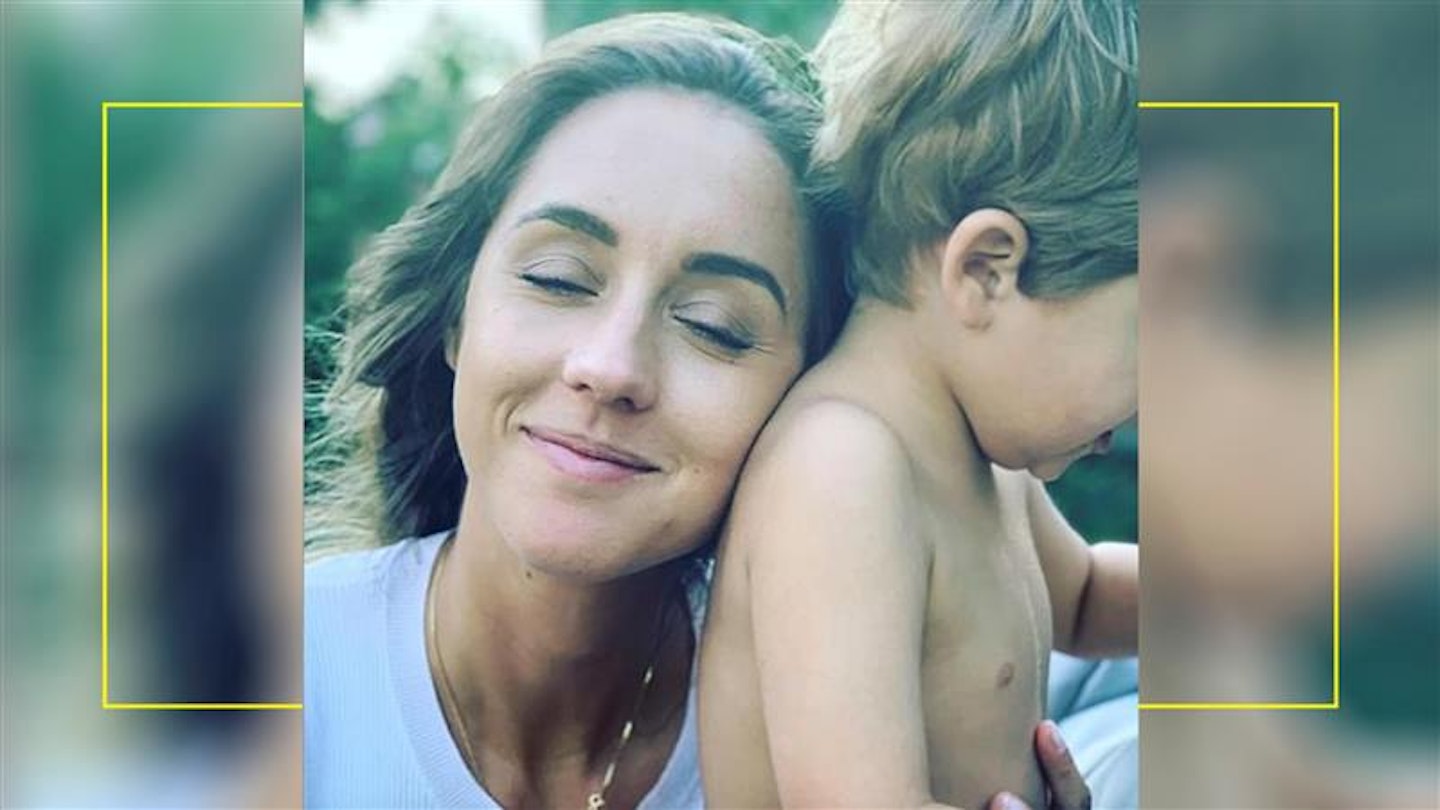I am waiting at the school gates for my three youngest children, Lester, 5, Dash, 7 and Evangeline, 9, to finish school, when my eldest son, Jimmy, who is 21, calls me from Manchester, where he is at uni, for a quick catch up.
I haven’t spoken to him for a couple of weeks and hearing his voice down the end of the phone makes my heart leap, for a moment, in that special way that only our children can move us. We talk about how his course is going, but then I must go, as my younger children troop out of school, clamouring for snacks and attention.
For a moment, I am dropped back in time to my twenties, when Jimmy, and his sister, Dolly, who is 18, were young. Today, I am one of the oldest mums at the school gate, but back then, in the early 2000s, I was one of the youngest.
I was 24 when I had Jimmy, and 27 when I had Dolly. I had Evangeline and Dash in my late thirties, and Lester when I was 41. When I look back at those earliest experiences of motherhood, I remember the time with real pride, and I also feel a certain sense of protectiveness towards myself as a younger woman. Being a younger mum isn’t always easy; I could not ignore the quiet assumption from society that parents in their 30s and 40s, who are older, and often a little more financially secure than younger mums, are somehow better qualified for the extraordinary, exhausting, and relentless task of parenting small children.
Emily Andre recently revealed she kept her first pregnancy a secret at first because of the ‘stigma’ surrounding being a young mother (she was 24 when she gave birth to her daughter Amelia with Peter Andre in 2014).
My first marriage didn’t survive my twenties, so by the time Dolly was a few months old, I was a single mother, and since supporting my two children on my freelance income as a journalist was precarious, I created a jigsaw of different part time jobs - teaching English as a foreign language, doing shifts in a local café and working evenings in a book shop - to get by. So, although there may have been some truth in the idea I was financially less secure than some of the other parents in stable marriages at the school gate, this didn’t mean I was any less dedicated to providing my children with all the love and security - emotional as well as financial - I was able to pour into them. There was, unquestionably, a certain stigma to being a younger mother, a stigma that can be extremely isolating for any woman in this position.
Although I had supportive friends at the school gate, I was also very aware that, as a younger, single mother, I wasn’t always welcome at social events where a lone single woman might upset the balance of the couples surrounding her. I remember being regaled by another mum on a Monday morning who told me about the glorious weekend she had spent with her husband and children and another, matching family, cycling to a local pub for a lunch, as she told me it wasn’t the kind of thing I would be able to manage with two children on bikes on my own. It was crushing.
And I remember pushing my children in their buggy under the streetlamps in the quiet residential street where we lived in Oxford, and seeing a group of some of the older, more affluent mums, laughing around a table together. They were drinking big glasses of red wine, and the kitchen they sat in was well lit, inviting. Whether they were meeting for a book club or just a social event, I had not been invited, despite the fact I knew a lot of them well and Jimmy was in the same class as some of them. This was not an isolated incident, and I always felt like the odd mum out at sports days and school assembly.
The fact was that I was isolated; most of my friends lived in London, and where years off starting families. While they were rising the career ladder, I was slogging away at my patchwork of part time jobs, borrowing and begging childcare wherever I could find it, then rushing home to read bedtime stories and put my children to bed.
Despite the challenges of this time, I remember it as one of the happiest times of my life. There are, of course, certain advantages to being a younger mum. I don’t remember being exhausted by it in the same bone-tired way that I am now, in my mid 40s. Babies and children bring a high degree of chaos into a well-ordered life, but my life was chaotic in my twenties anyway, and so I don’t remember the feeling of light concussion which can hit me, now, after a week of half term. I loved the fact that, while I was unquestionably their mum, I didn’t feel that much older than them, either. And when I watch them now, moving on, out into the world, I know I did a good job.
I recently reached out to a younger friend in her early twenties, who I met through social media, who I could sense was struggling with her two young sons. She admitted to me that, as the first amongst her friends to have children, she felt extremely alone much of the time.
Motherhood, at the best of times, tests us all. Reminding younger mums that they are doing a good job, and just as worthy as anyone else of support and sympathy at the testing time when their children are especially small, is important. Motherhood is easier when we are united in our experience, not divided, and age, ultimately, is irrelevant. Most of us are just trying to do our best.
